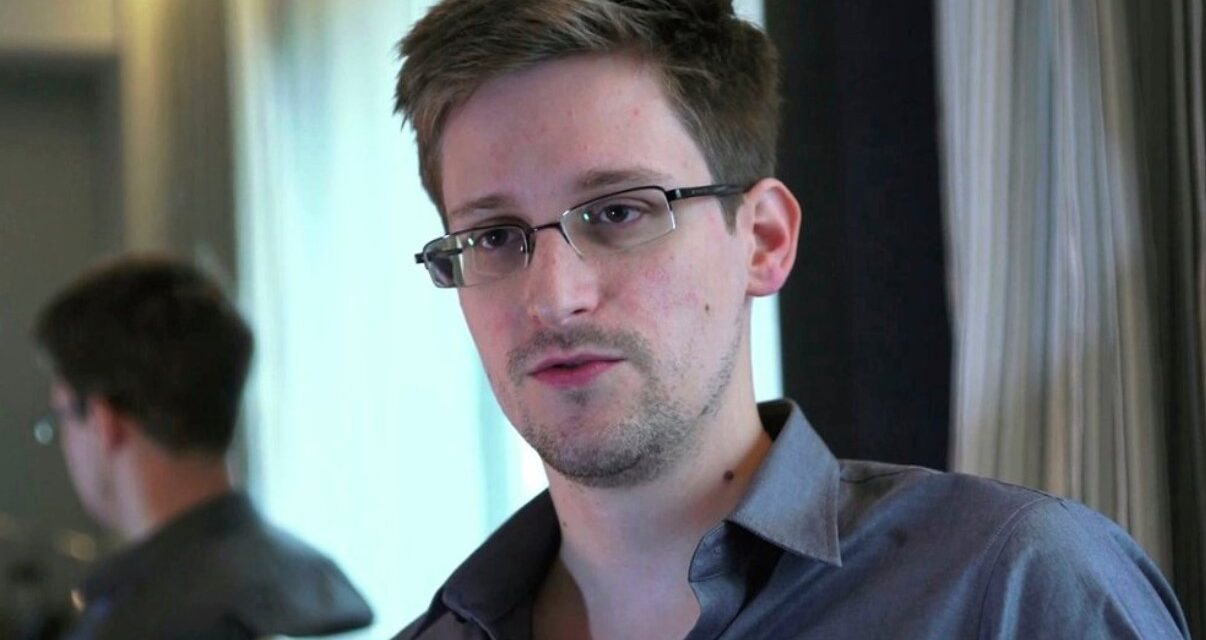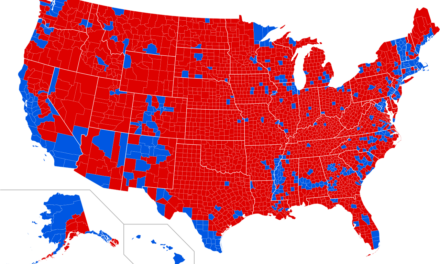(Reuters) – Seven years after former National Security Agency contractor Edward Snowden blew the whistle on the mass surveillance of Americans’ telephone records, an appeals court has found the program was unlawful – and that the U.S. intelligence leaders who publicly defended it were not telling the truth.
In a ruling handed down on Wednesday, the U.S. Court of Appeals for the Ninth Circuit said the warrantless telephone dragnet that secretly collected millions of Americans’ telephone records violated the Foreign Intelligence Surveillance Act and may well have been unconstitutional.
This ruling affirms our constitutional freedoms. We cannot stand by as our civil liberties are undermined, even by entities within our own government. We must hold those who abuse their power accountable & protect the brave whistleblowers who expose them. https://t.co/VHduxkmatS
— Tulsi Gabbard 🌺 (@TulsiGabbard) September 4, 2020
Snowden, who fled to Russia in the aftermath of the 2013 disclosures and still faces U.S. espionage charges, said on Twitter that the ruling was a vindication of his decision to go public with evidence of the National Security Agency’s domestic eavesdropping operation.
“I never imagined that I would live to see our courts condemn the NSA’s activities as unlawful and in the same ruling credit me for exposing them,” Snowden said in a message posted to Twitter.
Seven years ago, as the news declared I was being charged as a criminal for speaking the truth, I never imagined that I would live to see our courts condemn the NSA's activities as unlawful and in the same ruling credit me for exposing them.
— Edward Snowden (@Snowden) September 2, 2020
And yet that day has arrived. https://t.co/FRdG2zUA4U
Evidence that the NSA was secretly building a vast database of U.S. telephone records – the who, the how, the when, and the where of millions of mobile calls – was the first and arguably the most explosive of the Snowden revelations published by the Guardian newspaper in 2013.
Up until that moment, top intelligence officials publicly insisted the NSA never knowingly collected information on Americans at all. After the program’s exposure, U.S. officials fell back on the argument that the spying had played a crucial role in fighting domestic extremism, citing in particular the case of four San Diego residents who were accused of providing aid to religious fanatics in Somalia.
I agree. https://t.co/bsvaQQ4cFd
— Thomas Massie (@RepThomasMassie) September 4, 2020
The Ninth Circuit has ruled that the bulk collection of American phone records was illegal.
— Rep. Matt Gaetz (@RepMattGaetz) September 3, 2020
We learned about this program from leaks @Snowden gave to journalists.
This illegal program violated the rights of Americans. Snowden should be pardoned. https://t.co/onRUJsB9Uw pic.twitter.com/89d1Mtgfxc
Matt is right. This is important. @Snowden exposed illegal and unconstitutional actions by the Deep State, including Clapper and others who went after @realDonaldTrump and lied about it. https://t.co/Qb95PWypxm
— Senator Rand Paul (@RandPaul) September 3, 2020
One of the more interesting aspects of this Snowden ruling is that the 9th Circuit reviewed classified info about terror arrests that Obama-era officials in 2013 publicly claimed justified the mass surveilence program.
— Avi Asher-Schapiro (@AASchapiro) September 3, 2020
The judges called BS. https://t.co/hEtImY8TaA pic.twitter.com/jGcIjwNOAj
I have already declared that I would pardon Edward Snowden immediately upon taking office, along with Julian Assange and Ross Ulbricht. https://t.co/jJFv8Ce2fh #LetHerSpeak #VoteGold
— Jo Jorgensen (@Jorgensen4POTUS) September 3, 2020
President Trump should pardon Edward Snowden.
— Government Accountability Project (@GovAcctProj) September 3, 2020
Learn more: https://t.co/nxc0fcLzdT https://t.co/qZ0dp41YAx






Recent Comments